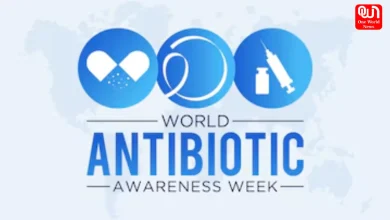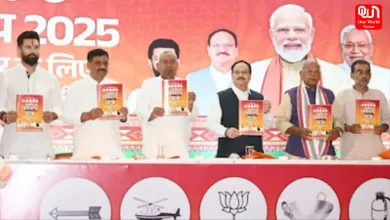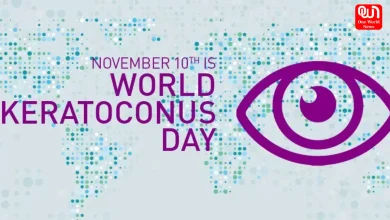Climate change may hamper India’s economic growth

A public lecture by Dr. R.K. Pachauri, Director-General, The Energy and Resources Institute (TERI) and Chairman of the Inter-governmental Panel on Climate Change (IPCC) was held at the India Habitat Centre, Lodhi Road, New Delhi on the 28th of June, 2014.
This was the third United Nations Public Lecture delivered by Dr. Pachauri today. He said, “The challenge to provide energy access for all has to be seen in the context of the problem of human-induced climate change, the impacts of which would create very high vulnerability for India in a large variety of ways.”
According to Dr. Pachauri, “India has the largest number of people lacking access to electricity and clean cooking fuels among all the countries in the world. Over 300 million people have no access to electricity and a significant number receives limited and sporadic supply even if they have connections. Over two-thirds of the country’s population depend on traditional biomass and animal waste for cooking, all of which leads to high levels of indoor air population. TERI estimated almost 20 years ago the level of mortality from air pollution in the country at about 2.5 million people, a large share of which was from indoor air pollution.”

The problem of climate change started at the beginning of industrialization and has continued to increase ever since then. A report by the UN suggests that about half of the greenhouse emissions have occurred in the last forty years. The risk which the planet is currently facing includes water scarcity, higher temperature and sea level rise. In words of Dr. R.K. Pachauri, “There is no part of the world which would remain untouched by the effects of climate change”.
In September 2011, U.N. Secretary General, Ban Ki- moon, launched SE4ALL (Sustainable Development for All). Opportunities of SE4ALL are that it enables business to grow, generates job, creates new market, children can study after dark, clinics can store life saving vaccines and countries can grow more resilient.
As the latest IPCC report notes, India’s high vulnerability and exposure to climate change will slow its economic growth, impact health and development, make poverty reduction more difficult and erode food security.
Have a news story, an interesting write-up or simply a suggestion? Write to us at info@oneworldnews.in







